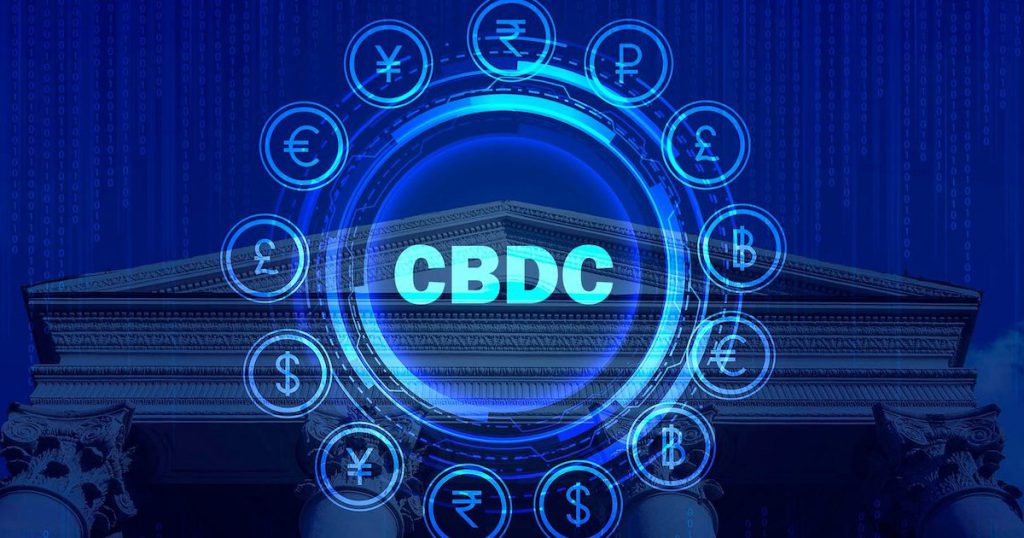Join Our Telegram channel to stay up to date on breaking news coverage
Various banks, including the Fed, Bank Of Japan, European Central Bank, and the Bank of England, are but a few of the international groups who have teamed up to pen a paper on Central bank digital currencies (CBDCs). From the possible implementation to the policy questions around CBDCs, the paper is the newest in most reports that go back to 2020.
The paper has noted:
Some of the members of this group are approaching a point where they may decide whether or not to move to the next stage of their CBDC work. This may include deeper investment in design decisions relating to technology, end-user preferences, and business models while leaving open the decision on whether to issue CBDC.
In February, the Bank of England published its paper on digital currency. It noted that the infrastructure would require a commitment the BOE is not ready to make.
Canada has moved forward with conversations around the CBDCs, seeking public feedback on a digital dollar. Although the BOE is similar, it has stipulated that it is not yet prepared to implement one.
Further, the paper said:
Legislators and authorities must remain engaged as work on CBDC progresses. The development of solutions to some of the outstanding legal issues related to CBDC will largely be a matter of national law and will tend to be highly dependent on policy choices and the design of a CBDC
CBDC Ban On Some US States
On the other hand, some states in the US are working to ban CBDCs prior to the implementation of a digital dollar. One of the states is Florida. The Florida Governor, Ron DeSantis, signed the CBDC ban into law early this month. Further, it is expected that the CBDC discussions will bleed into political campaigns being announced as the United States heads to the election period.
However, countries are currently not ready to plan out the implementation. Nonetheless, central banks are actively strategizing the potential use cases and design aspects of CBDCs. Significantly, the report stated that’’ the central banks contributing to this report anticipate that any CBDC ecosystem would involve both the public and private sector.’’
Additionally, it stated that there are a variety of potential CBDC business models. Central banks may need to understand the potential benefits to stakeholders and the public in each model, including incentives to participants and value added to end users.
The banks have also stipulated that blockchain technology “remains a possibility, though it is currently not deemed essential to the functioning of a potential CBDC system.”
Hong Kong is also undergoing a trial run of an e-HKD – a digital version of its local currency. The government is running the test in a sandbox environment, indicating that it’s testing multiple applications through tokenized deposits and online and offline payments. It will also create a CBDC expert group that probes into policy and technical issues behind issuing a CBDC.
Read More:
- Florida Governor Ron DeSantis Signs Bill Banning Central Bank Digital Currencies
- Biden Criticizes Republicans for Favoring Tax Evaders and Cryptocurrency Traders
- The American CBDC Will Spark A Massive Transfer Of Power From Citizens To Government, Says Ron DeSantis
Join Our Telegram channel to stay up to date on breaking news coverage



